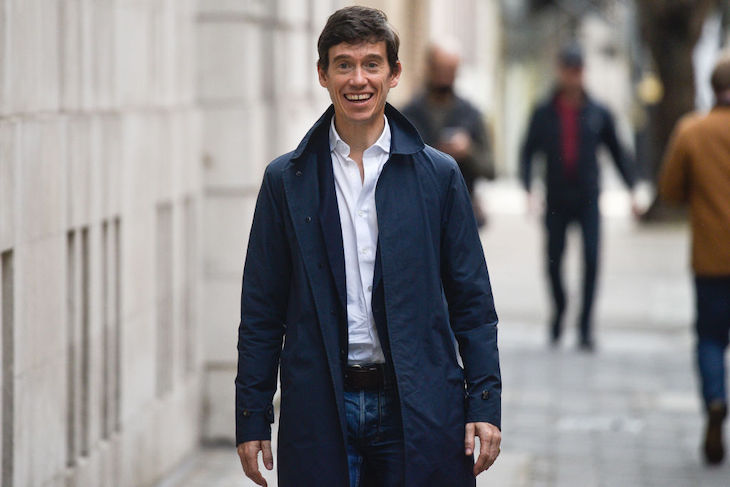Can a dose of moral earnestness revive Tory fortunes? This is the question raised by Rory Stewart’s recent memoir, Politics on the Edge: A Memoir From Within, which sits on top of the bestseller charts more than three months after it came out. Another question the book raises is this: is Stewart’s brand of moral earnestness the right one? His politics is rich in old-world honour, like that of a John Buchan hero.
Already a subscriber? Log in
Subscribe for just $2 a week
Try a month of The Spectator Australia absolutely free and without commitment. Not only that but – if you choose to continue – you’ll pay just $2 a week for your first year.
- Unlimited access to spectator.com.au and app
- The weekly edition on the Spectator Australia app
- Spectator podcasts and newsletters
- Full access to spectator.co.uk
Or




















Comments
Don't miss out
Join the conversation with other Spectator Australia readers. Subscribe to leave a comment.
SUBSCRIBEAlready a subscriber? Log in